This piece was originally published in July, 2014, and recent conversations with friends prompted me to post it again.
Clearing out stacks of old boxes recently, I re-discovered my old theatrical reviews. The crumbling newspaper clippings instantly transported me back to the ’70s and 80’s, those 25 years I worked as a professional actress.
Re-reading the notices, I marveled that every production was still with me. But something was missing: I had no memory of the good reviews. One flattering phrase after another felt as if I was reading love letters I’d never seen before! Yet I knew that for at least one fleeting moment once-upon-a-time, I had treasured every word.
The bad reviews? (Those from… how shall I say, the “Outer Critics”?) felt as if they’d been on CNN this morning!
Partial amnesia regarding reviews is one of many occupational hazards of being a performer. Most actors, especially early in their careers, tend to believe the good OR the bad, but not both. With me, unfortunately, the bad always came out ahead. I’ve been hard on myself for as long as I can remember, and the negative reviews sounded as familiar as the ones I had always drafted for myself.
Many years ago, when the whole routine had become rather depressing, my dear husband suggested that I create my own system to evaluate my work. He said “It’ll give you feedback you can trust.”
So… before and during rehearsals for my next job, I kept track of everything I was worried about:
1. Belief that I was miscast
2. Working with a new dialect
3. Tension with the director
4. Physical costume challenges
5. Too much or too little chemistry with my leading man
The list went on and on, and as I tried to invent ways of becoming comfortable with my crazy-making stuff, my “Inner Critic” introduced herself to me. Note: I tend to refer to her in the third person, as if she is real.
S-l-o-w-l-y, she and I began to build benchmarks based on habits and pitfalls I had supposedly learned to manage:
1. Ease (or lack thereof) getting off book
2. Number of crying jags (joyful)
3. Number of crying jags (furious)
4. Sore throats, rashes, headaches, mystery pains
5. Degree of neurosis during tech rehearsals
Truth be told, my Inner Critic IS real, and over the years she has become a trusted part of myself.
In the mid-1990s I was thinking about shifting the focus of my work… doing something other than performing. Almost everyone I knew was shocked that I might “walk away” from my career; many tried to talk me out of it. My Inner Critic was with me, however, and we weighed the points of my colleagues, friends and family. Ultimately we took a leap into the unknown side-by-side. That was when I knew that she was a friend for life.
So… as I was recently rifling through those boxes, reading my old reviews and was catapulted back into believing the bad ones, I wondered where the hell she was!?
But not for long. As expected, she made her entrance just in time to set me straight.
She’s on my shoulder now. And I’m deeply grateful she is here.
_______________________________________________________
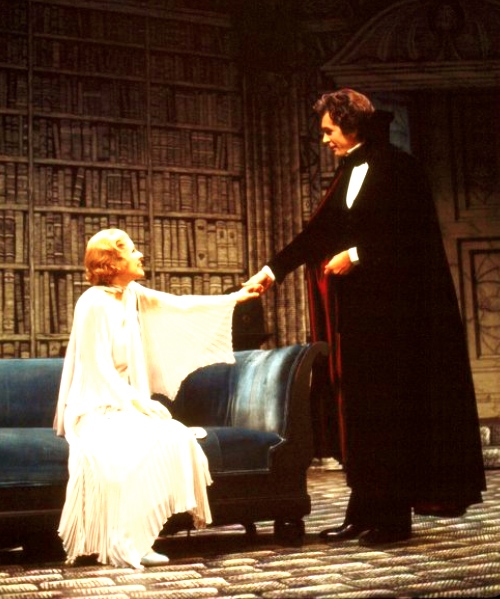


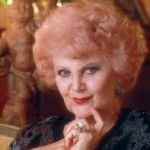
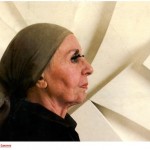



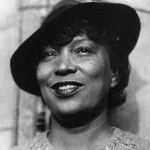









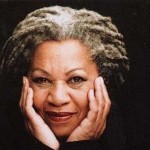

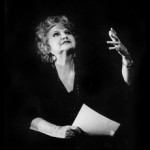

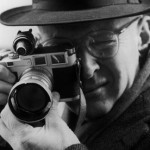



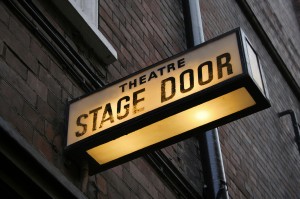
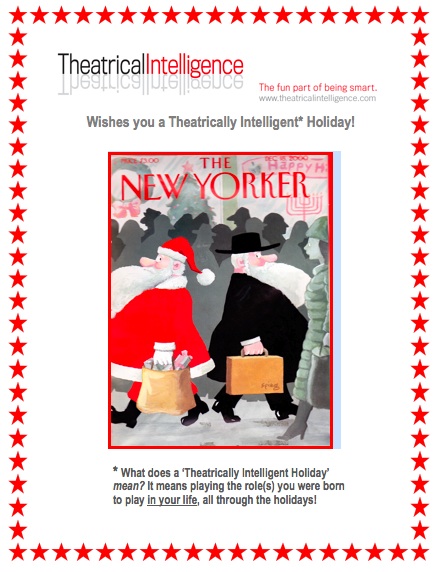

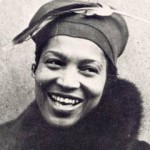




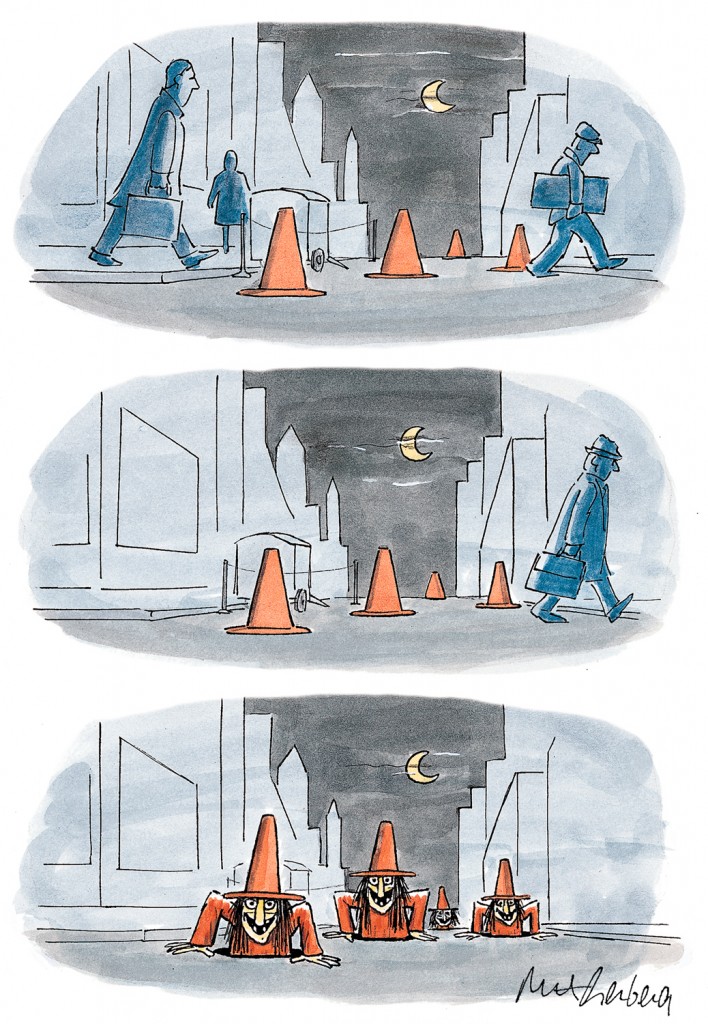
Recent Blog Comments